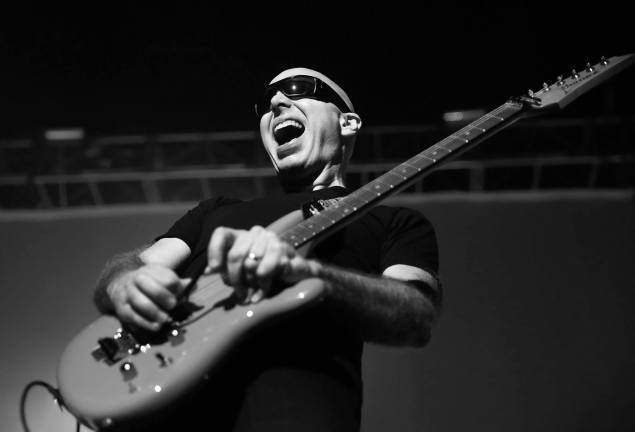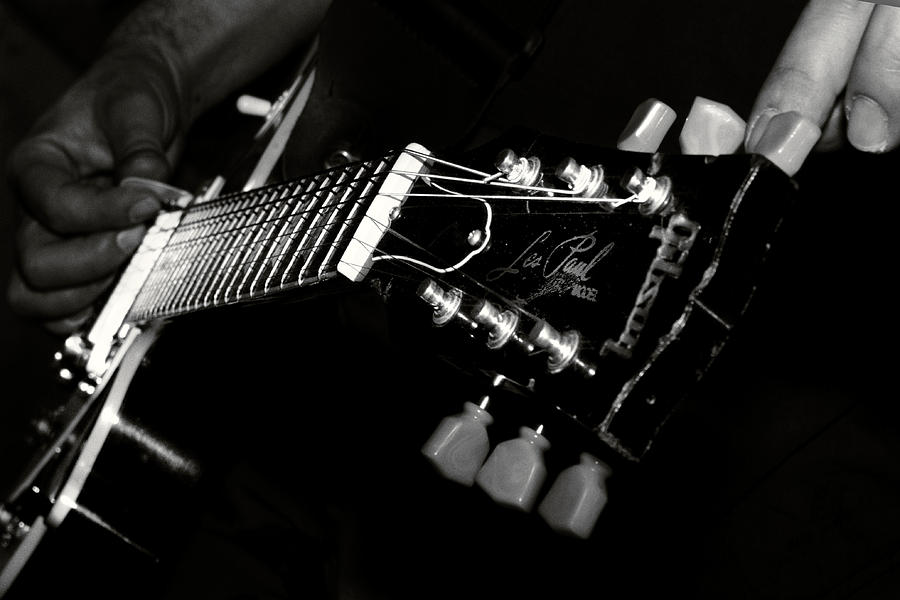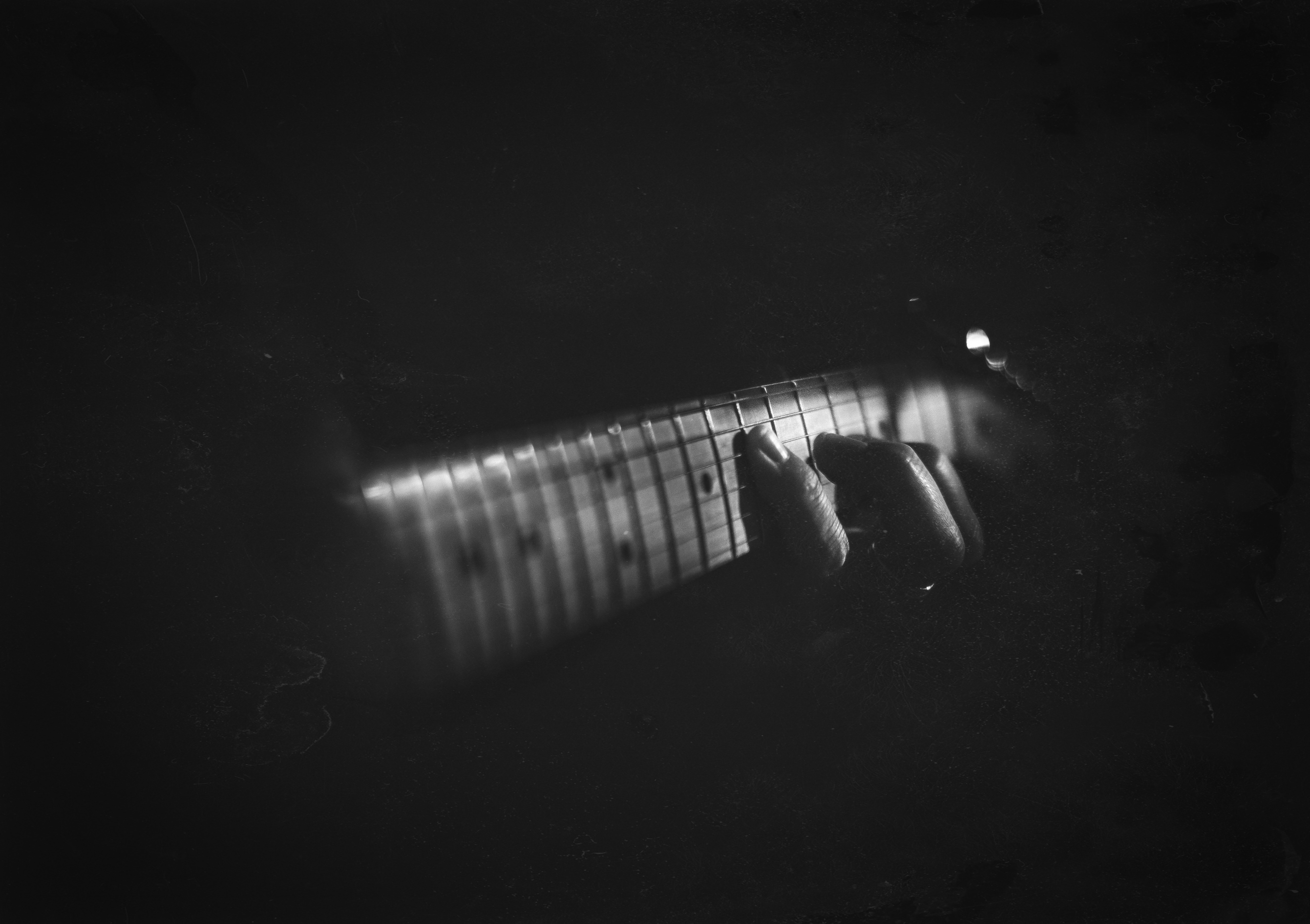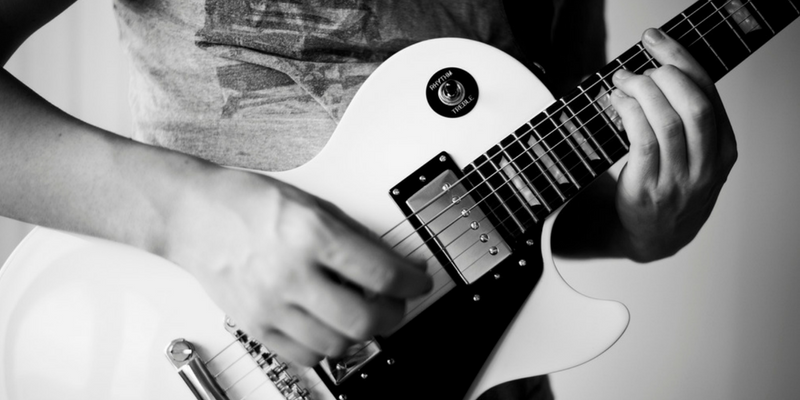Almost all guitarists get stuck in a rut once every so often, and it can take a while to get past that point. The most common rut is the so-called, ‘intermediate plateau’, where guitarists who have become fairly competent on the instrument suddenly find themselves going around in circles, usually pentatonic ones. Other players hit a technical brick wall where they feel they can’t advance due to a lack of technique or get frustrated because they don’t think they’re as good as they should be. So, here are five tips to help avoid those ruts, or get out of the one you might be in.
Go See a Solid Guitarist
This is a pretty quick and painless method of realizing what it is you need to be doing to take your playing to the next level. Go watch a really solid guitarist, not necessarily a famous one, but just a really good guitar player who perhaps plays in a local band. While you watch put yourself in his/her shoes and ask yourself what you’d be lacking, or what you’d have to learn in order to sub for that guy or gal. If you were suddenly thrust into their shoes, what would you be able to do, and more importantly, what wouldn’t you be able to do? The conclusions you reach to the latter question are the things you need to work on.
Comfort Zones
Some ruts are the result of comfort zones… or ‘big fish in a small pond’ syndrome, as I call it. Comfort zones are created when either you think you’re good enough, you lose sight of your goals, or you’re the local hero and there are people who’ll tell you you’re great on a weekly basis. By all means enjoy and share your talent, but don’t stop there; step outside your comfort zone. The easiest way to do this is to play with people that are better than you, which is fantastic because it grounds you, gives you an injection of perspective, and creates the necessity to improve which was camouflaged by your comfort zone.
Want vs. Need and Practicing
A lot of guitarists have no idea how to practice, or don’t practice at all. There’s nothing wrong with the latter, as long as you’re doing other things to compensate. Check out the difference between a want and a need: a want is something you would like to have or do, while a need is something that’s fundamental for your survival. If you want to survive as a guitarist, i.e. not get stuck in ruts, then your practice routine must be based on needs rather than wants. You may want to learn ‘Eruption’ because it’s flashy, but unless you’re actually going to perform it or do something productive with it, there’s no necessity involved, and it becomes kind of fruitless and only gratifying to you. You probably know what you NEED to learn but have been avoiding getting down to it. It’s great when things you WANT to learn coincide with things you NEED to learn, but if you want to make progress simply ask yourself whether what you’re doing with your guitar time is based on needs or wants.
Write Music
When you’re done practicing your needs, it’s time to be creative. The perspective of the guitar as a tool through which to create music is one that a lot players don’t give that much importance to; they think the be all and end all of the guitar is to be able to play stuff, usually other people’s stuff. This perspective is exemplified by many musicians, but you’ll be able to see it very clearly with someone like Prince. Prince created music, nonstop, and his driving force was music itself as oppose to any particular instrument. The instrument was just the tool or the means through which he expressed music, which is why he could play and quickly become proficient at virtually any instrument. His necessity to express himself quickly overcame any technical limitations he might have had.
Do More of What You Love
How much time do you spend actually playing stuff you like? 20… 30 percent of the time? If it’s as low as that, then you’re bound to end up in a rut. If you’re a working guitarist, then it’s the nature of the beast to have to play stuff you’re not remotely interested in, but you have to make time for the stuff that moves you because that’s where you’ll see the greatest progress in defining your sound and your style on the instrument.



